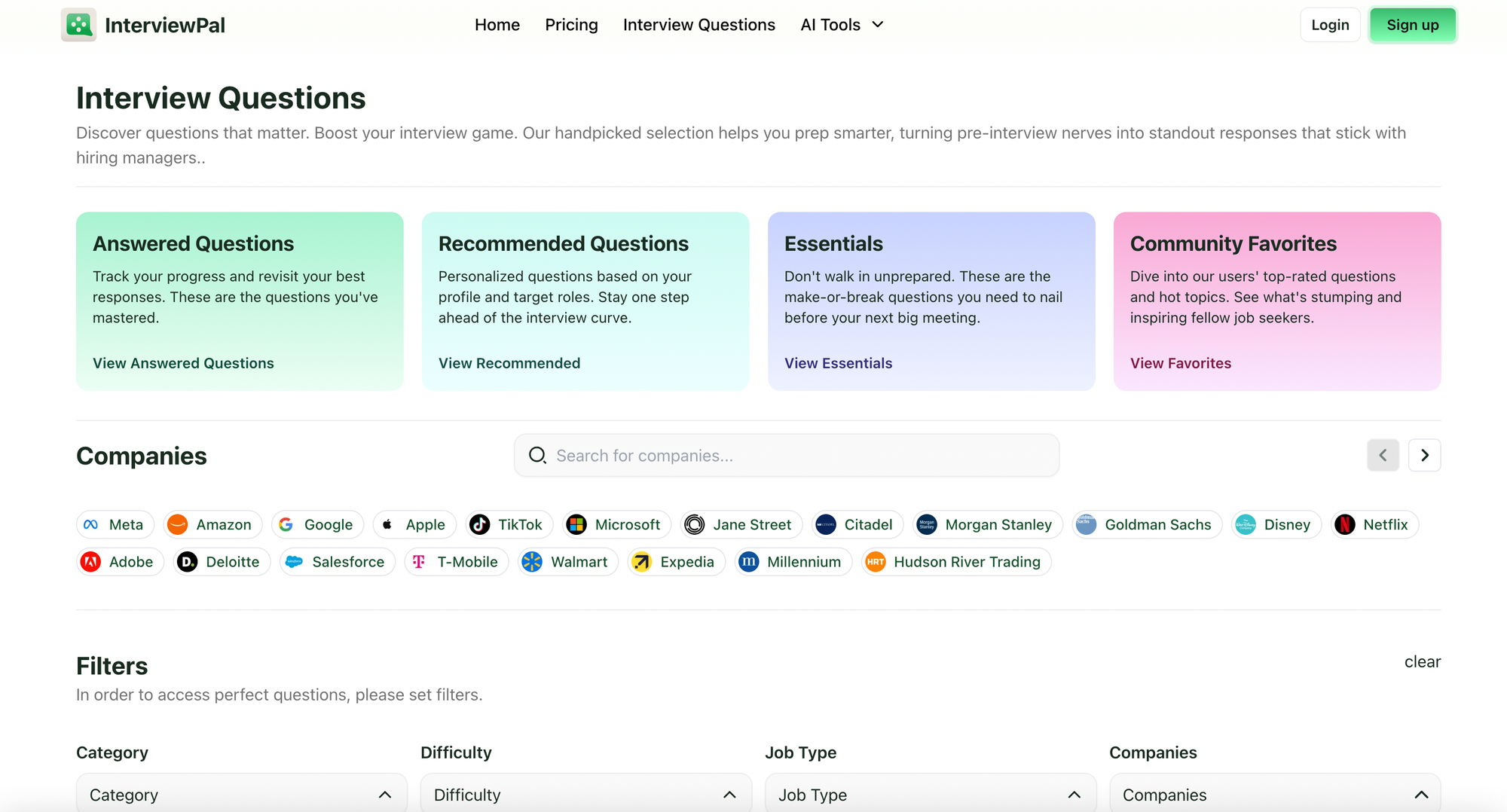Let's be real - every job has its downsides. Maybe it's the endless meetings, the office politics, or that one task that makes you want to bang your head against the wall. But when an interviewer asks what you like least about your current gig, they're not giving you free rein to vent. This question is trickier than it looks.
Why Do They Ask This, Anyway?
Interviewers aren't trying to trick you (well, not entirely). They want to know:
- How you handle workplace frustrations
- If you can stay professional when discussing challenges
- Whether you're a problem-solver or a complainer
- If you'll fit into their company culture
Before we dive into how to answer, let's talk about what NOT to do:
The Don'ts:
- Don't trash your current employer. Even if your boss is straight out of a nightmare, keep it to yourself.
- Avoid mentioning core job functions. If you're an accountant who hates numbers, you might be in the wrong field.
- Don't say "nothing." Come on, we all know that's not true.
- Steer clear of personal gripes. Your long commute isn't a professional concern.
Alright, now for the good stuff. Here's how to answer this question without tanking your chances:
The Strategy:
- Pick a real, but minor frustration.
- Explain why it's challenging.
- Show how you deal with it constructively.
- If possible, spin it into a positive.
Let's break it down by job types:
For the Techies: "One challenge in my current role is keeping up with rapidly changing project requirements. It can be frustrating to rework code we've already invested time in. But I've learned this often happens because we're responding to market demands or customer feedback. To address this, I've worked on improving our agile processes and focused on writing more modular code. It's actually made me a more flexible developer and improved our final products."
Why it works: Shows you can handle change, you're solution-oriented, and you get the bigger business picture.
For the People Persons (HR, Sales, Customer Service): "Dealing with upset customers or candidates can be tough. It's draining to be on the receiving end of someone's frustration. But I've started seeing these as chances to turn things around. I've worked on my listening skills and found that often, people just want to feel heard. By focusing on solutions, I've managed to boost our satisfaction rates. It's taught me a lot about staying cool under pressure."
Why it works: Shows emotional intelligence, resilience, and a knack for turning negatives into positives.
For the Finance Guys (Finance, Accounting): "Preparing monthly reports that often go unread can feel like a waste of time. To tackle this, I've revamped these reports to make them more concise and visually appealing. I've also started meeting with department heads to understand what info they actually need. Now our reports are more useful, and I've gotten good feedback on the changes. It's been a lesson in being proactive and communicating clearly in finance."
Why it works: Demonstrates initiative, communication skills, and adding value beyond the basic job description.
For the Creative Types (Marketing, Design, Content Creation): "Working within rigid brand guidelines can feel limiting creatively. To address this, I've started proposing 'wild card' concepts alongside our standard ideas. This lets me flex my creative muscles while still respecting the guidelines. Interestingly, some of these wild ideas have been adapted and used, bringing fresh energy to our campaigns. It's taught me a lot about finding creative solutions within constraints."
Why it works: Shows creativity, respect for rules, and innovative problem-solving.

General Tips for Any Job:
- Frame the "least favorite" part as a growth opportunity.
- Emphasize how you've tried to solve the issue.
- Keep it job-related (no one cares if you hate the office coffee).
- Show self-awareness.
- End on a positive note.
But what if you really, truly hate your job? If you're in a toxic work environment, it's okay to acknowledge you're looking for a change. Try something like:
"To be honest, my current role has been challenging in ways that don't align with my career goals. While I've learned a lot about X and Y, I'm looking for an opportunity that allows me to focus more on Z, which is why I'm excited about this position."
This acknowledges issues without throwing anyone under the bus and smoothly transitions to why you want the new role.
Remember, the "what do you like least" question isn't just about identifying problems - it's about how you handle them. Your answer should highlight your problem-solving skills, positive attitude, and ability to thrive even when things aren't perfect.
No job is all sunshine and rainbows, and interviewers know that. They're not looking for someone who loves every aspect of their work - they want someone who can handle the tough parts professionally and constructively.
So next time you're faced with this question, take a breath and remember the formula: real but minor frustration, why it's challenging, how you deal with it, and how you've grown from it. With some thought and preparation, you can turn this tricky question into a chance to show why you're the best person for the job.
More Practice..
Now that you've got the strategy down, it's time to put it into practice. And let's face it, there's no substitute for real-world experience. That's where our Interviews Question Bank comes in handy. We've compiled thousands of actual interview questions asked by top companies across the United States.
Our Question Bank isn't just a list of generic queries. It's a comprehensive resource featuring company-specific questions, including variations of "What do you like least about your job?" tailored to different industries and roles. Whether you're eyeing a position at a tech giant in Silicon Valley or a financial firm on Wall Street, we've got you covered.
But here's the real kicker - our AI-powered feedback system. It's like having a personal interview coach, minus the hefty price tag. Practice your responses, get instant feedback on your delivery, and track your progress over time. The more you practice, the more confident you'll become in handling even the trickiest questions.
Remember, the goal isn't to memorize perfect answers. It's about becoming comfortable articulating your experiences and thought processes. With InterviewPal's Question Bank, you can explore a wide range of challenging questions, refine your responses, and walk into your next interview feeling prepared and confident.



